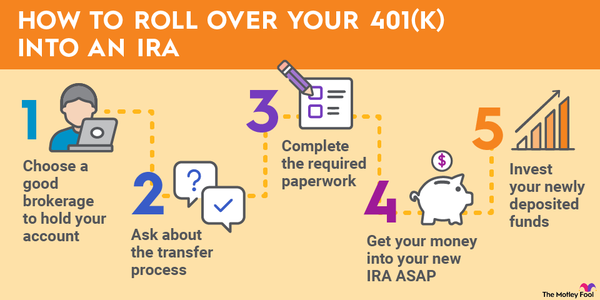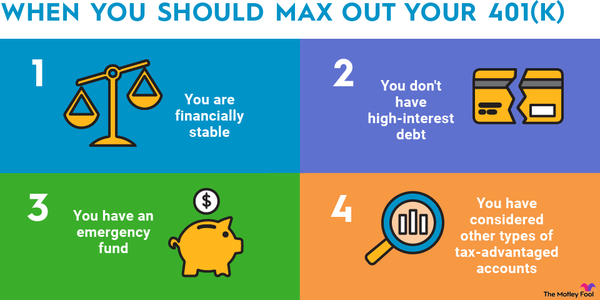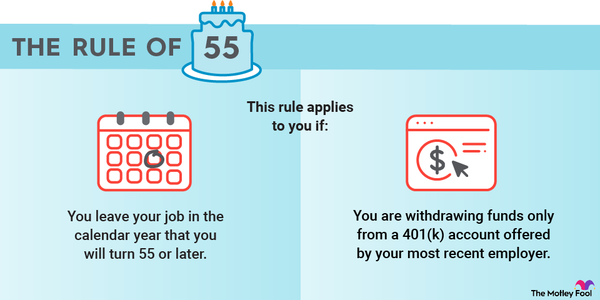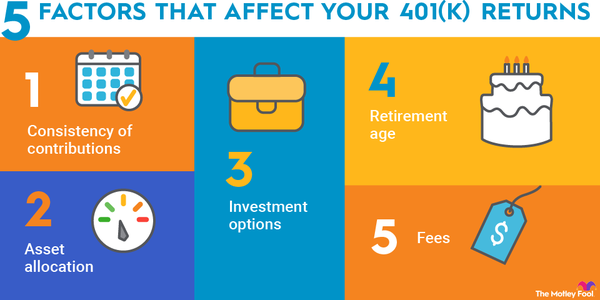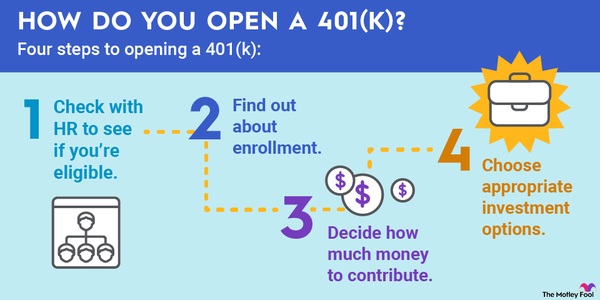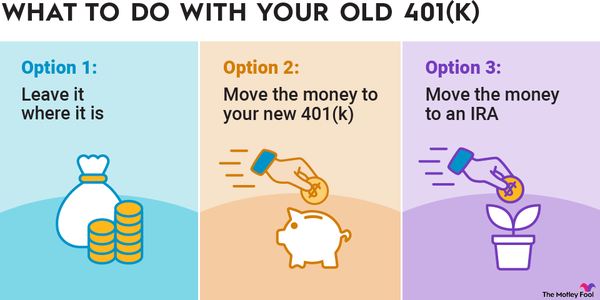Your 401(k) beneficiary is the person who receives the money in your retirement account when you pass away. Your beneficiary designation takes precedence over any instructions in a will, so it's essential to periodically make sure that you've listed the right individuals.

Designating a 401(k) beneficiary
When you begin investing in 401(k) retirement plan, you are asked to name a primary beneficiary to receive the account's funds after your death. Unlike assets that are governed by a will, the assets in a 401(k) account typically can be transferred to the beneficiary without involving probate court.
When it comes to choosing a 401(k) beneficiary, you have several options:
- Spouse beneficiary: Your spouse is automatically your 401(k) beneficiary by default under federal law. Your plan administrator will probably still require you to name a primary beneficiary on the account as a formality. To name someone else, you must get your spouse's consent in writing. If you're still married to your spouse at the time of your death, they'll have a legal claim to your 401(k) even if you named someone else as the primary beneficiary.
- Non-spouse beneficiary: You can list a non-spouse as the 401(k)'s beneficiary, including a minor child. If you're married, your spouse needs to sign a consent form.
- Multiple beneficiaries: You can designate more than one beneficiary and specify the percentage of the 401(k) that each person gets.
- Trust account as beneficiary: You can establish a trust and designate that as the beneficiary. Using a trust account as the beneficiary enables you to specify exactly how and when your 401(k) money is distributed. Estate planning attorneys can help you to establish a trust.
- Estate as beneficiary: You can list your estate as the beneficiary. The money in your 401(k) account is distributed via the probate court process associated with wills.
If you're single when you choose your 401(k) beneficiary and later marry, your spouse becomes the 401(k)'s beneficiary unless they sign a consent form. If you fail to designate a 401(k) beneficiary, then the money in the account is distributed via probate court.
Naming a secondary beneficiary
It is also important to specify a secondary beneficiary who would receive the 401(k) money if the primary beneficiary dies and then you die without naming a new beneficiary. Without a named secondary beneficiary, the money in your 401(k) is distributed via probate court.
It's also important to make sure your beneficiaries have also updated their beneficiaries. Your assets could still wind up in probate if you name someone as your beneficiary and they die without having designated a beneficiary of their own.
Naming minor children as 401(k) beneficiaries
You can list your minor children -- in most states, those younger than age 18 -- as your 401(k) beneficiaries. This may be particularly helpful if you are a single parent. If your child is still a minor when you die, a probate court will appoint a guardian to oversee the money.
A better option than naming your minor children directly as beneficiaries is to establish a trust account as the 401(k)'s beneficiary and your children as the beneficiaries of the trust. This can save both time and court costs. Courts often limit the investment options available to minor children with inherited 401(k)s, so designating a trust as the beneficiary preserves their investing alternatives.
You can also designate your minor children as contingent beneficiaries in case you and your spouse both die before your kids reach adulthood. A contingent beneficiary is a backup recipient who receives the money if the primary beneficiary has died or can't be located.
Changing your 401(k) beneficiary
You can change the beneficiary of your 401(k) at any time and as frequently as you like. A best practice is to review on an annual basis whom you have listed as your 401(k) beneficiary.
To designate a new beneficiary, simply request a beneficiary form from your 401(k) administrator. Completing and submitting the form successfully changes your 401(k)'s beneficiary.
You should also review and possibly change your 401(k) beneficiary whenever you experience a major life event, including:
- Marriage
- Divorce
- Death of a spouse
- Birth or adoption of a child
Divorcing and forgetting to change the beneficiary for your 401(k) can be especially problematic. If you never remarry and pass away without specifying a new beneficiary, then your ex-spouse is automatically entitled to inherit your 401(k) -- even if the divorce was finalized decades ago.
Whoever is your designated beneficiary, be sure to tell that person about your 401(k) account, including where it's held. After you pass, your beneficiary may need to contact your financial institution to claim their newly inherited 401(k).











